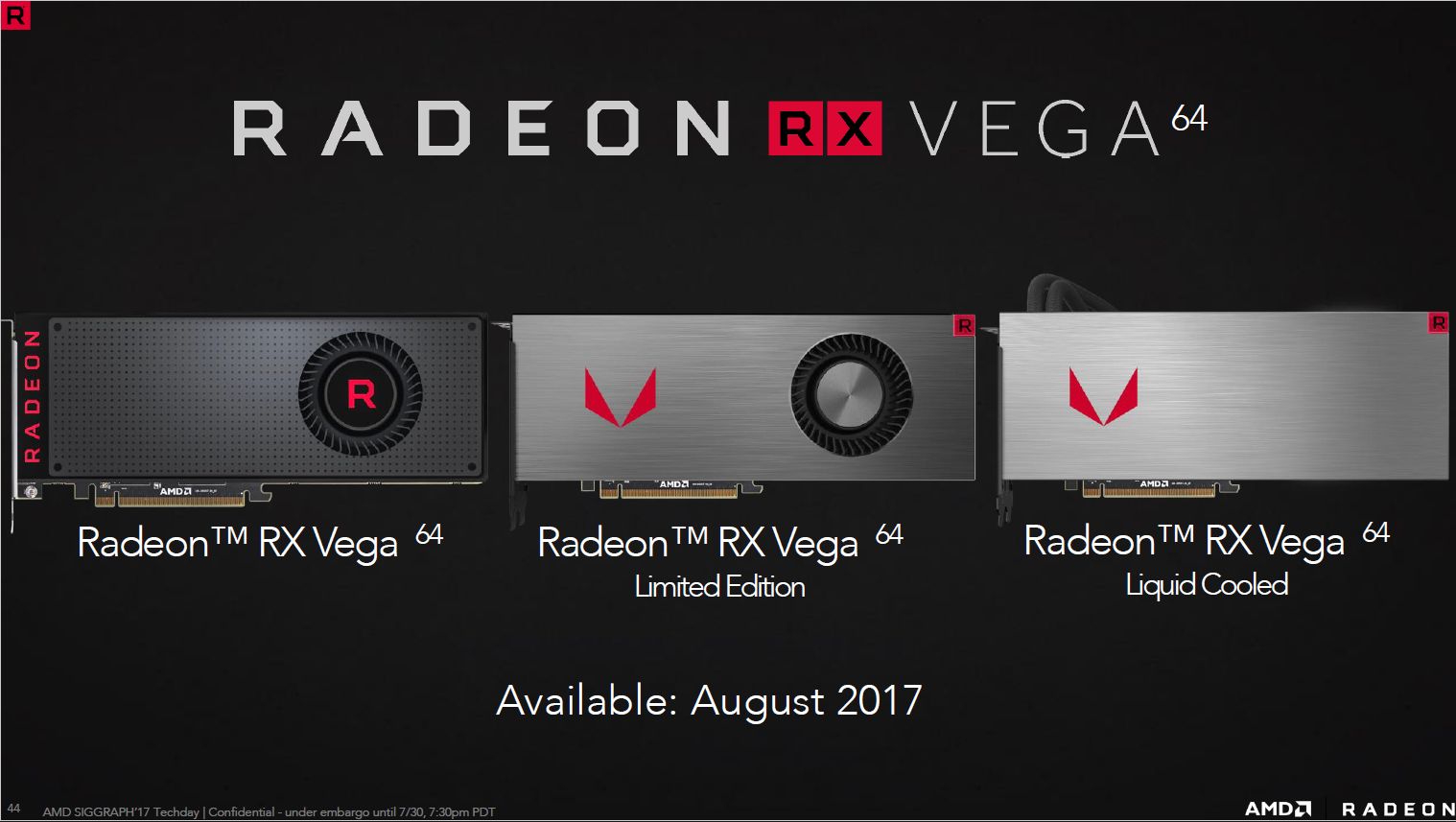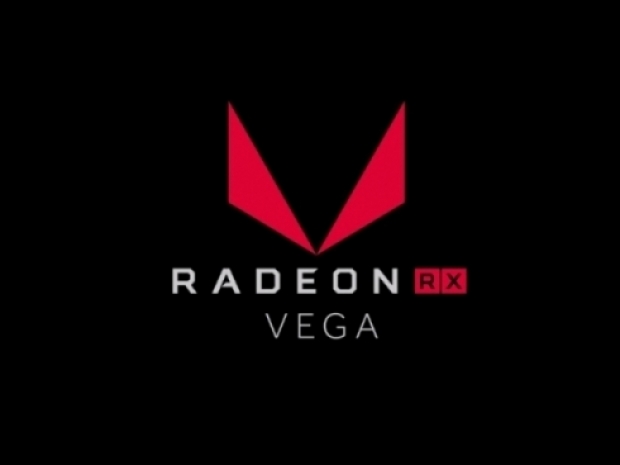Although we've already written it before, nothing has changed in the meantime, and AMD RX Vega 64 is still exchanging blows with the GTX 1080 while the RX Vega 56 should be close to the GTX 1070. This makes sense as the standard RX Vega 64 pretty much has the same price as the cheapest GTX 1080 that we could find, selling for US $519.99. The same goes for the US $399 priced RX Vega 56, which should be a good competitor to the GTX 1070, which currently sells with a lowest price set at US $429.
We have seen the rumored performance for the RX Vega 56 but our sources are still not sure if AMD will be able to match Nvidia performance. The rumored 20 percent gain over the GTX 1070 is far from realistic as it would mean that the RX Vega 56 is pretty much as fast as the GTX 1080.
To explain, on average, the GTX 1070 is 20 percent slower than the GTX 1080 in most benchmarks that we have seen and this would mean that the RX Vega 56 is as fast as the GTX 1080, which is far off from what we have been hearing.
According to our sources, AMD might still pull a rabbit out of its hat with the final RX Vega driver but we do not expect miracles, as while software can get you far, the hardware is what really matters.
AMD RX Vega 64 and RX Vega 56 graphics cards might match the GTX 1080 and GTX 1070 performance in some games, but, overall, Nvidia might win this round. Bear in mind that Nvidia still holds the crown with its GTX 1080 Ti and probably has room to drop the price on the GTX 1080 and GTX 1070, so it won't sit idly if AMD manages to get too close.
Of course, we should wait for the official reviews before jumping ahead to conclusions as there are still a lot of question marks around the RX Vega launch. In case you missed it, RX Vega 64 should launch on August 14th so all will be clear eventually.





